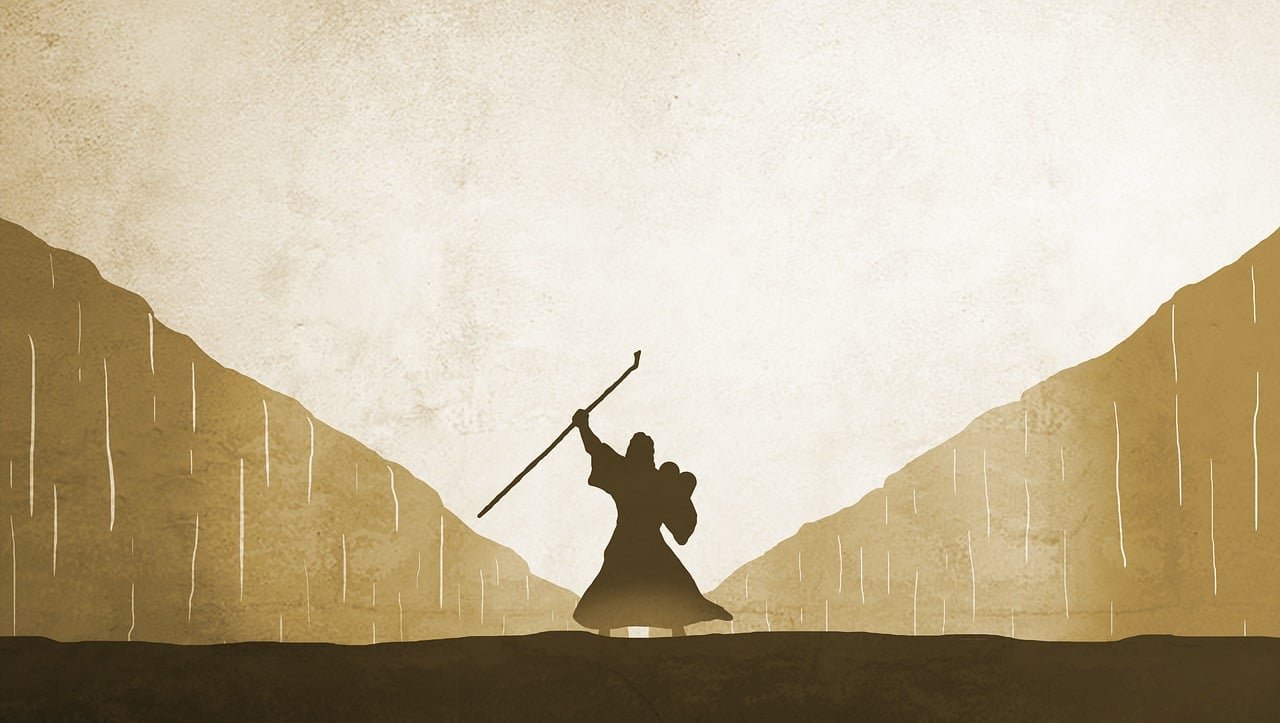The Hands Of Moses
Exodus 17:8-13
8 Then Amalek came and fought with Israel at Rephidim. 9 So Moses said to Joshua, “Choose for us men, and go out and fight with Amalek. Tomorrow I will stand on the top of the hill with the staff of God in my hand.” 10 So Joshua did as Moses told him, and fought with Amalek, while Moses, Aaron, and Hur went up to the top of the hill. 11 Whenever Moses held up his hand, Israel prevailed, and whenever he lowered his hand, Amalek prevailed. 12 But Moses' hands grew weary, so they took a stone and put it under him, and he sat on it, while Aaron and Hur held up his hands, one on one side, and the other on the other side. So his hands were steady until the going down of the sun. 13 And Joshua overwhelmed Amalek and his people with the sword.
• Amalek was the grandson of Esau (Genesis 36:12). Haman, the genocidal enemy of the Jews so many centuries later (see the book of Esther), is an Amalekite!
• This is the first mention of Joshua in the Bible. He will come to be a central figure in Israel.
How does this story relate to the practice of intercessory prayer? I’ve always thought that devoted prayer for someone else is one of the purest forms of love there is because it’s totally sacrificial and anonymous.
Over whom can you be praying today?

























